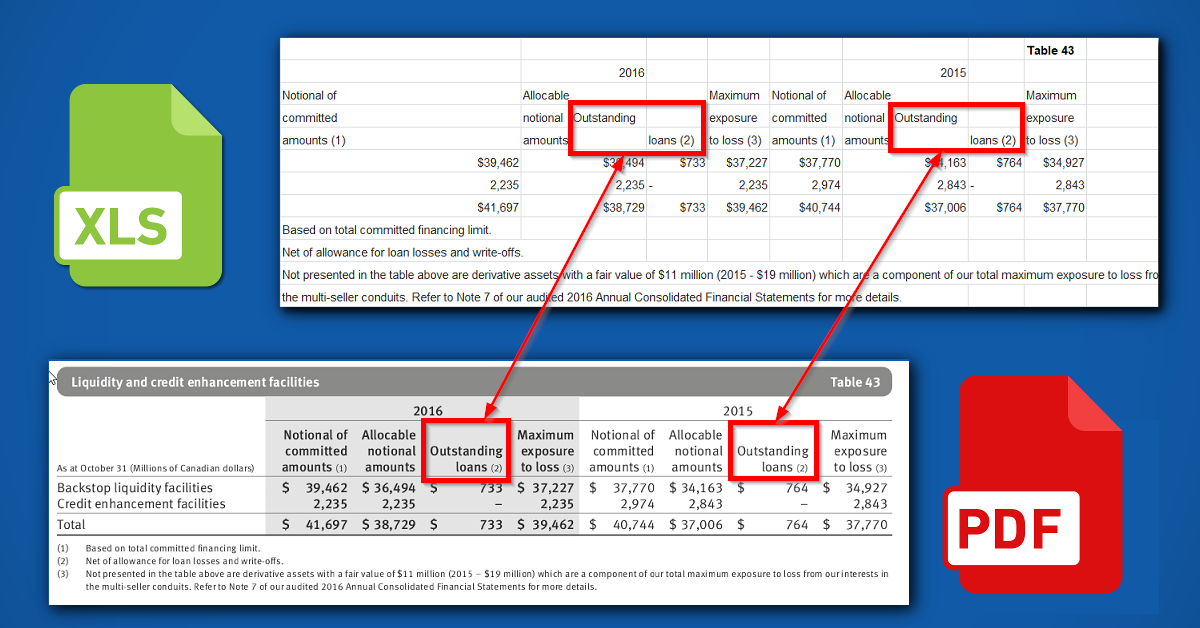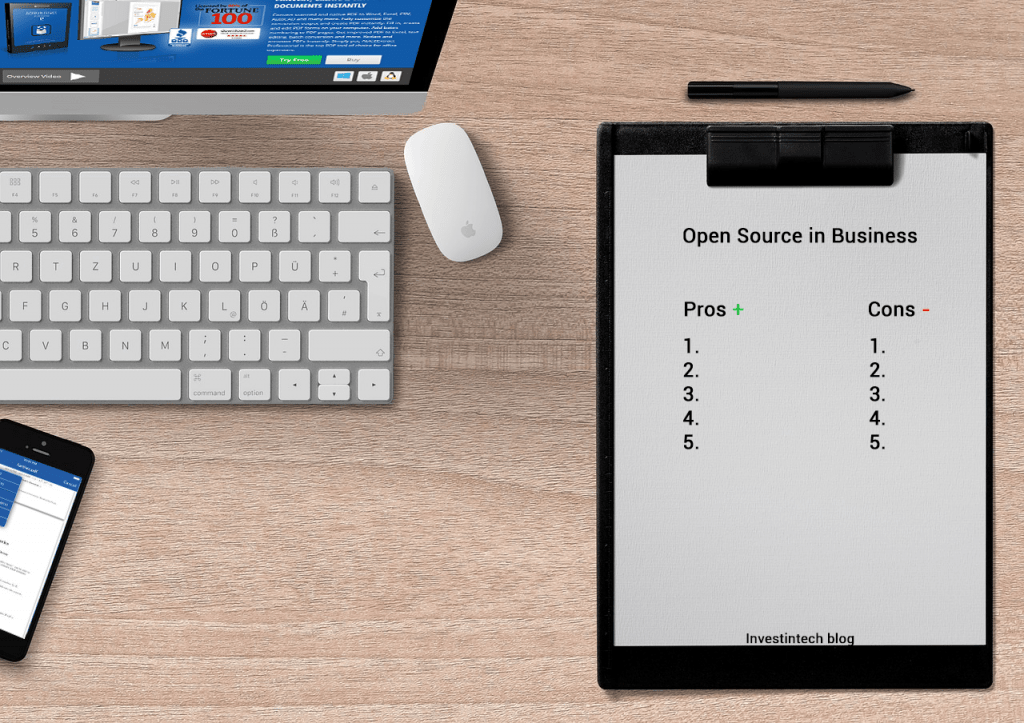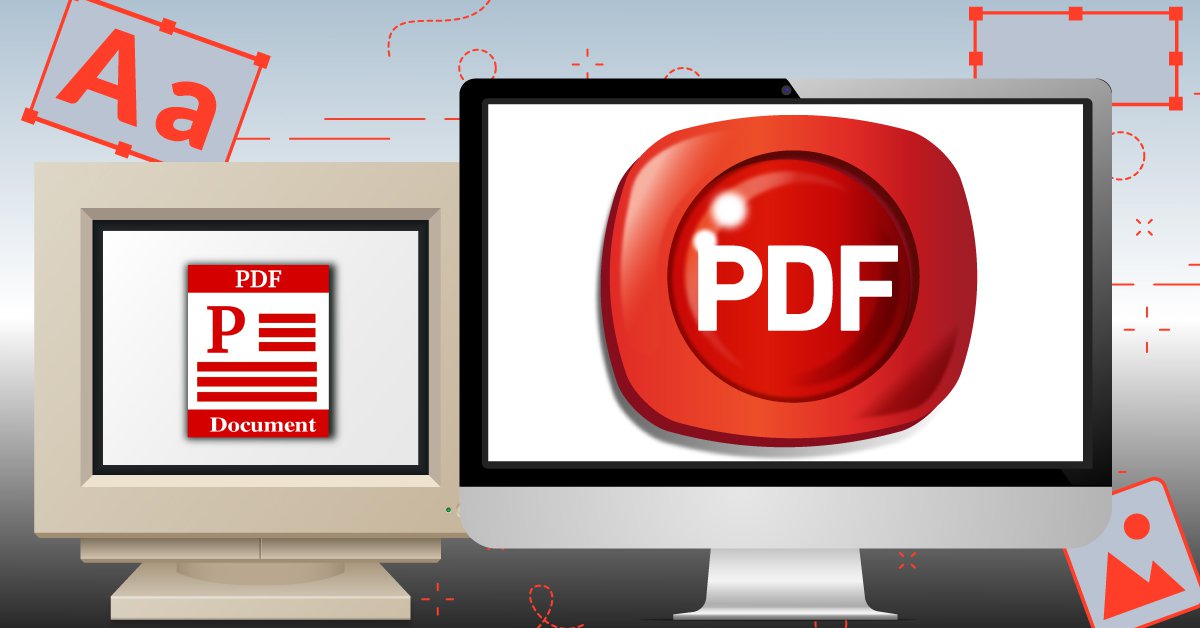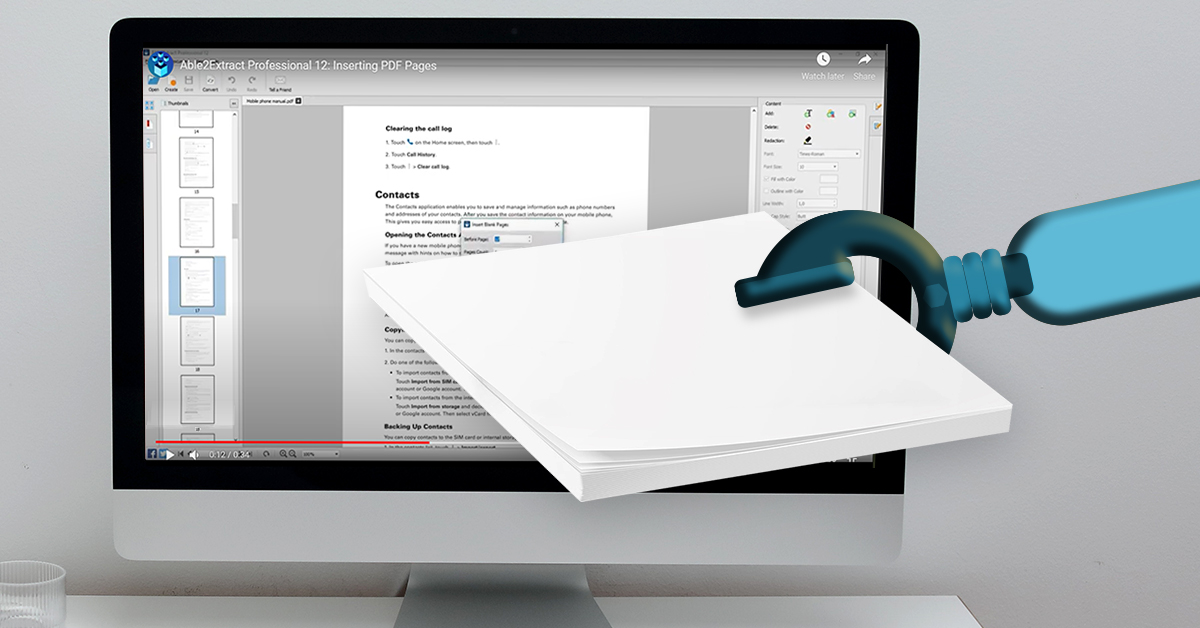
Collaborating with colleagues on a document in Google Docs has a lot of advantages over going solo. A fresh set of eyes and multiplied brain power can correct typos, improve grammar, enhance sentence structure, and pick up on where simplification or clarification is needed.
The truth is the blanks start filling in much faster when multiple, different-colored cursors blink on the Google Docs page than when a lonely, black one does.
Yet, that’s just the tip of the iceberg.
An influx of new ideas and angles on a topic can turn a good article into a stellar piece of content, whether it’s a business proposal or a light-hearted blog post.
Strangely enough, that same variety of characters trying to produce one coherent writing on any given subject can make a grown man cry from frustration. Think of comments pointing out problems without offering solutions, unnecessary edits just for the sake of “contributing”, nonsense additions because of the misunderstood points, etc.
What we’re trying to say is that being on the same page literally doesn’t always mean being on the same page metaphorically.
Continue reading →




